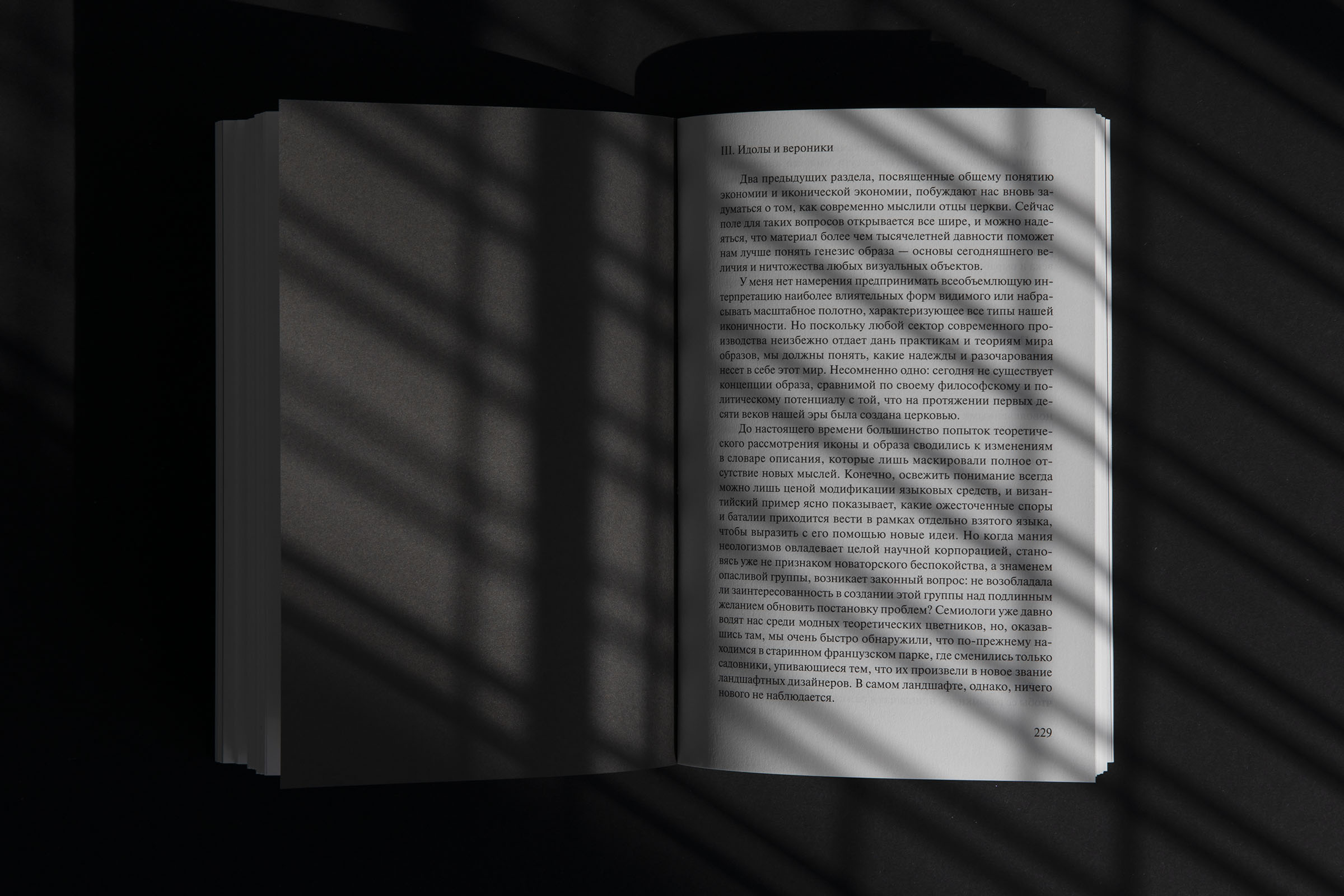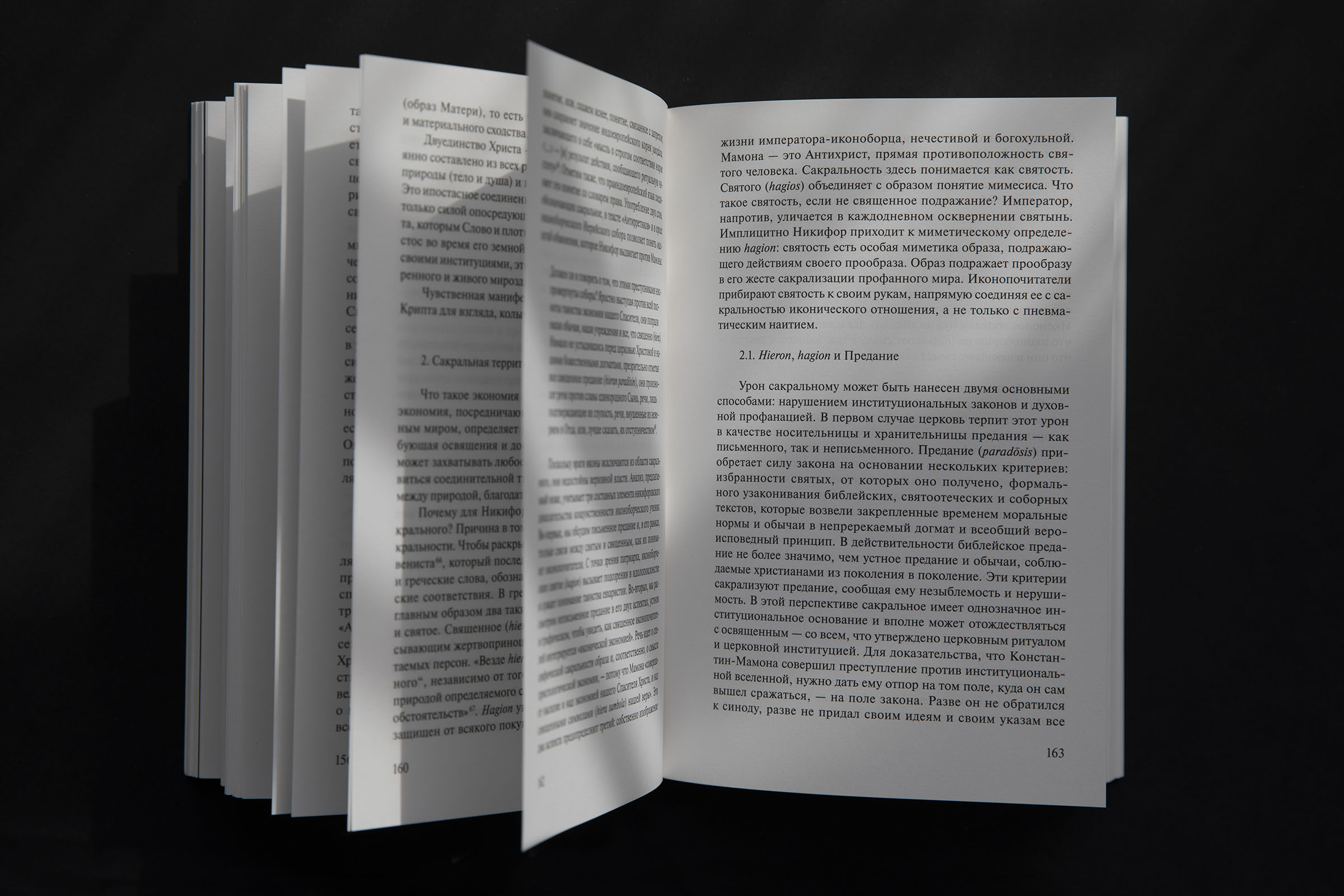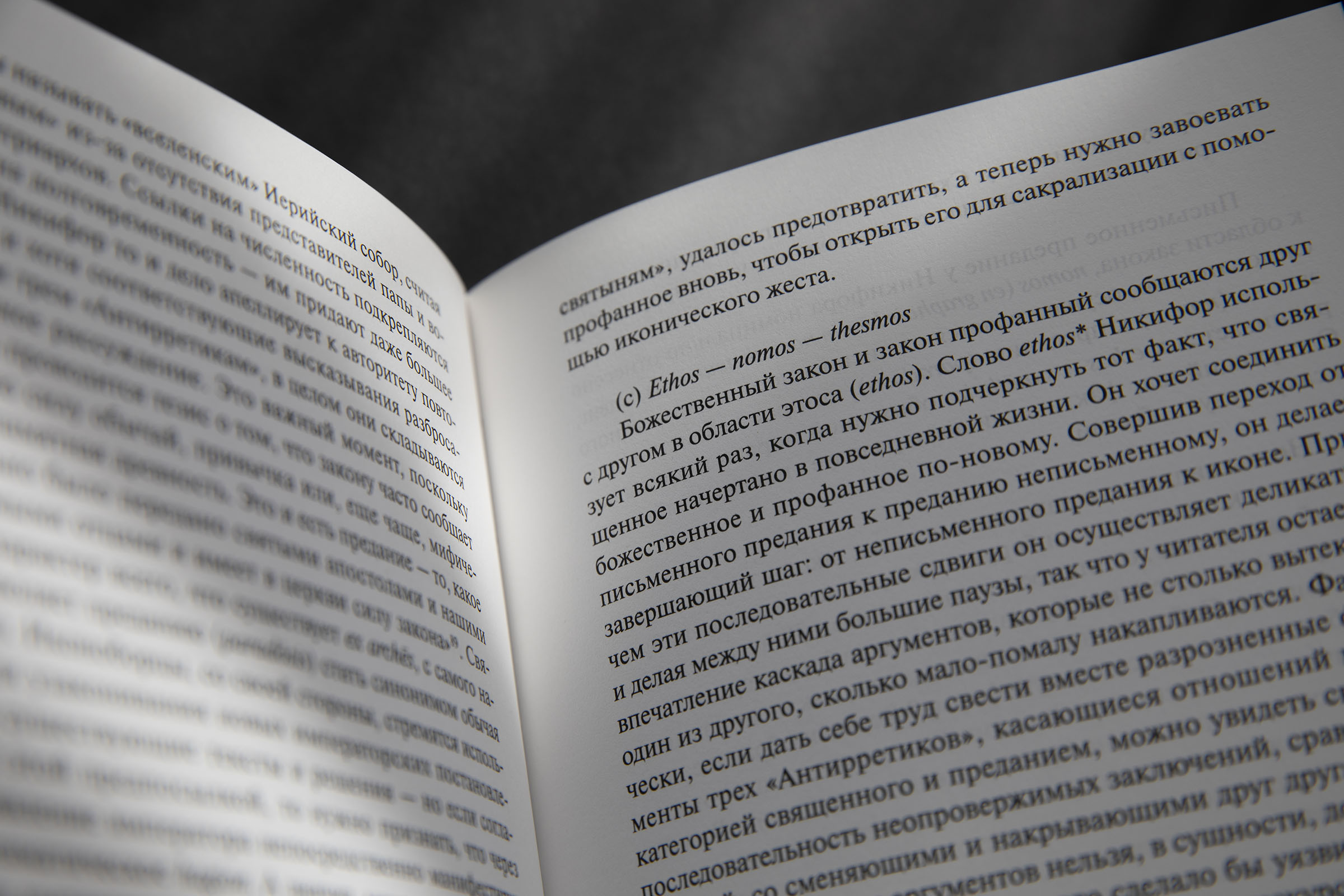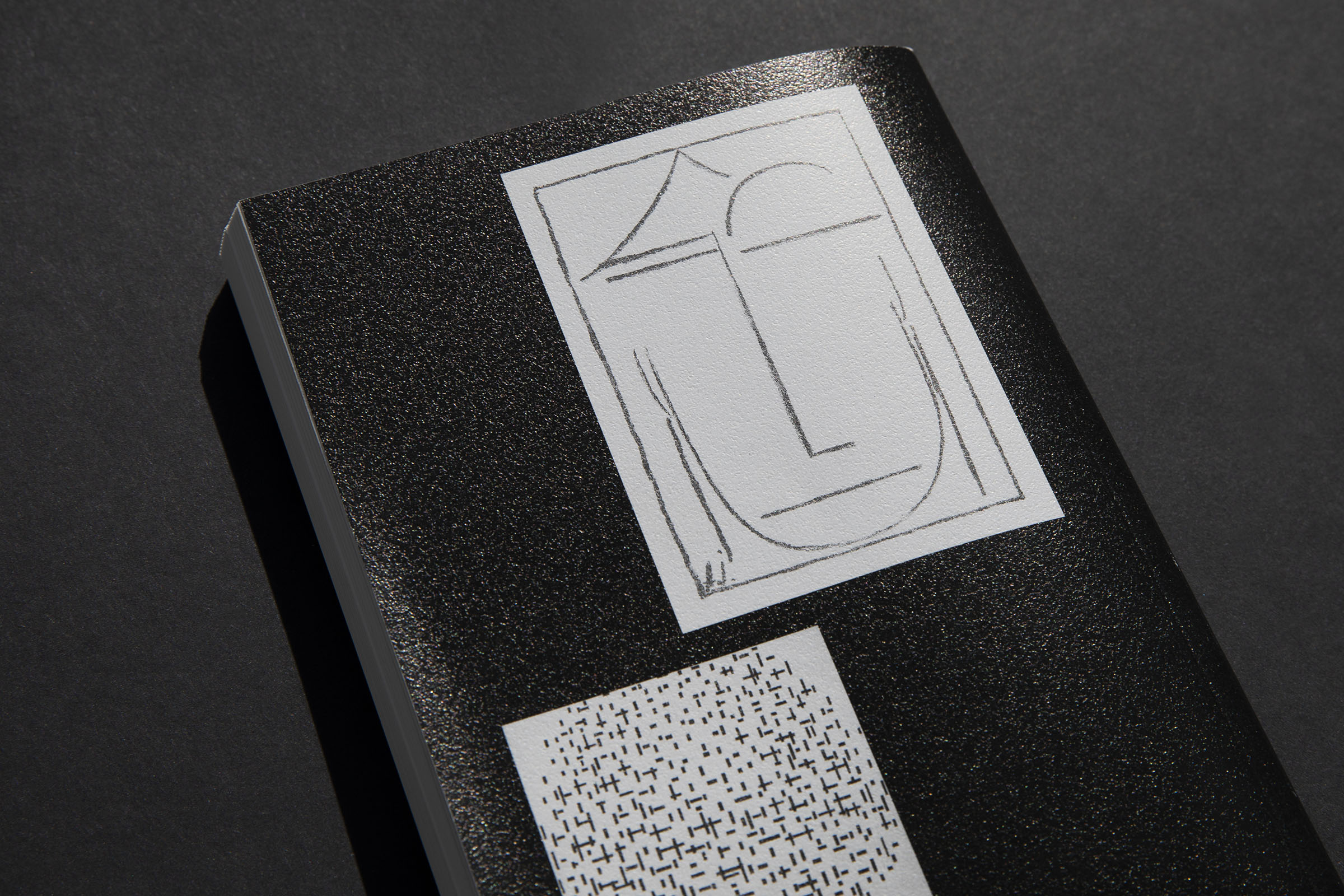Marie-José Mondzain.
Image, Icon, Economy: The Byzantine Origins of the Contemporary Imaginary
A study of the role of the visual image in the contemporary world and its relation to the Byzantine icon.
In this monograph, the art historian and philosopher Marie-Josée Mondzain examines the characteristics of the iconoclastic crisis of the eighth and ninth centuries and explores the relationship between the Byzantine icon and the role of the image in the modern world. According to Mondzain, early Christian texts by the Church Fathers are key to understanding the power and impact of images today.
Throughout the twentieth century, the image has been at the heart of our concern for the safeguarding of liberty and thought. However, since a visual and audiovisual imperialism has invaded the planet and reduced all critical reflection and discussion to a state of servile stupor and acephalic fascination, it has become incumbent on us to attempt to understand the elements of a genealogy whose ultimate offspring is the carrier of the best as well as the worst of things.





All photos: Ruslan Shavaleev
Reflections on the place of the icon in the religious and political life of Byzantium lead Mondzain to an original argument that traces twentieth-century abstract painting back to iconography, equates the dominance of the church with the power of modern media, and casts the technique of photography as a visual confirmation of the concept of Christianity.
Marie-Josée Mondzain (b. 1942) is a French philosopher and art historian specialising in Byzantine culture and image theory. She serves as the Director of Studies at the Centre National de la Recherche Scientifique (CNRS) in Paris.
Series editor
Ilya Doronchenkov
Translator
Mark Grinberg
Editor
Alexey Shestakov
Design and layout
Misha Filatov
Dmitry Gusev